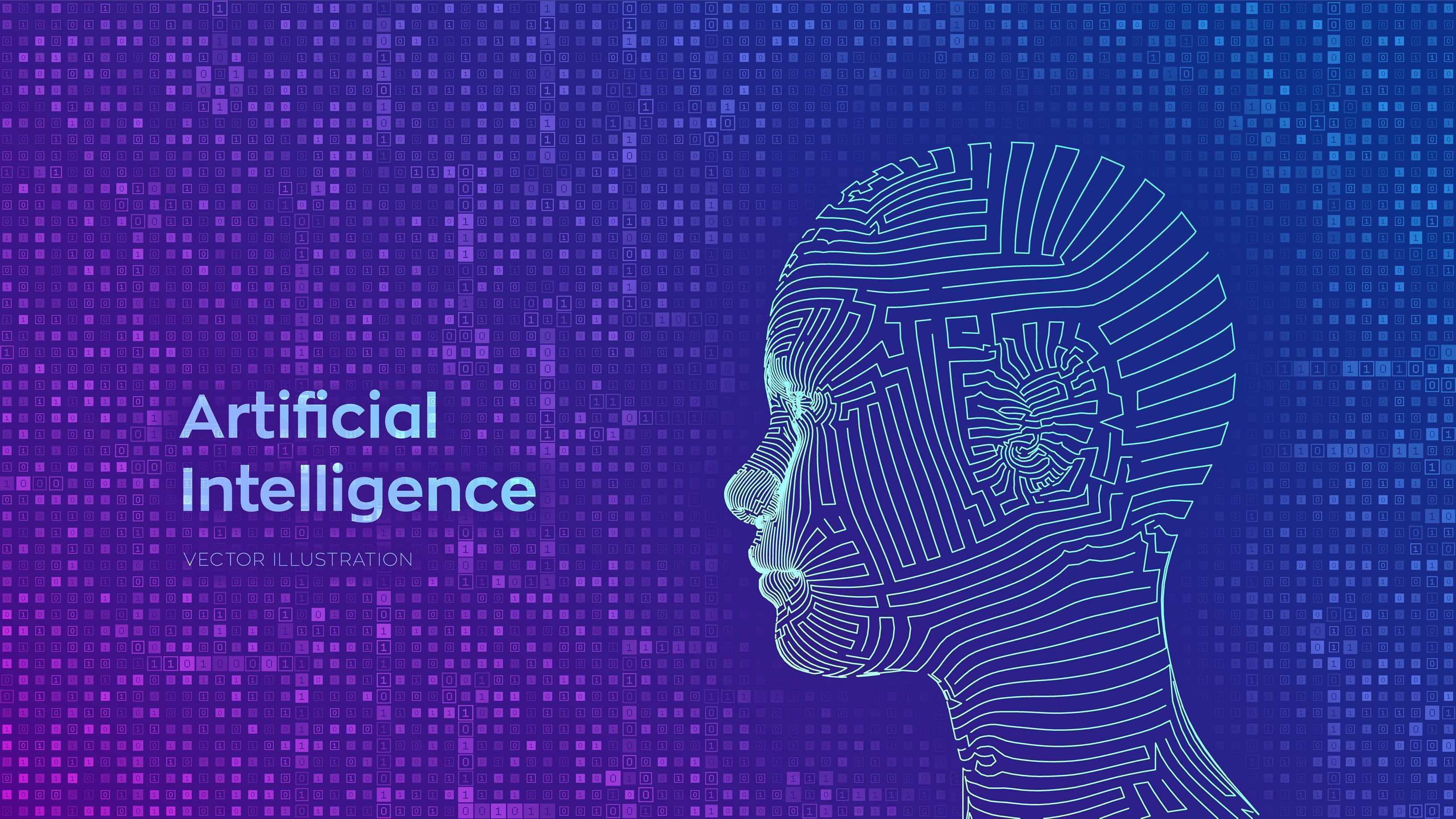Artificial intelligence (AI) is a term that has gained a lot of buzz in recent years. It refers to the development of computer systems that can perform tasks that usually require human intelligence, such as learning, problem-solving, perception, and decision-making. AI systems can be designed to work in different ways, but their primary goal is to mimic human intelligence and enhance our capabilities.
There are different types of AI, but they all share the same fundamental idea of creating intelligent machines. The two main categories of AI are:
-
Narrow or Weak AI: This type of AI is designed to perform a specific task, such as playing chess or recognizing images. Narrow AI systems can do their tasks very well, but they are not capable of generalizing to other tasks.
-
General or Strong AI: This type of AI is designed to perform any intellectual task that a human can do. General AI systems can learn and reason about a wide range of topics and adapt to new situations.
AI systems can be trained using different methods, but the most popular approach is machine learning. Machine learning is a subset of AI that involves feeding data into a computer algorithm and letting the system learn and improve from the data. The more data the system receives, the better it can perform its task.
AI is already being used in various industries, from healthcare to finance to retail. For example, in healthcare, AI systems can help diagnose diseases and personalize treatment plans based on patient data. In finance, AI systems can help detect fraud and manage risks. In retail, AI systems can help recommend products to customers based on their preferences and purchase history.
While AI has many benefits, it also raises important ethical and social concerns. For example, some worry that AI could lead to job loss and economic inequality if machines replace human workers. Others worry about privacy issues if AI systems collect and use personal data without people's consent. It's important to consider these concerns and ensure that AI is developed and used responsibly.
In conclusion, AI is an exciting field with vast potential to transform our lives. It has the power to augment human intelligence and solve some of the world's biggest challenges. However, we must also be aware of its limitations and potential risks and work towards developing and using AI responsibly.
Discover More
Most Viewed
Christmas is a season of joy, love, and traditions. And what better way to get into the holiday spirit than through timeless carols? These musical gems have been bringing people together for generations. Here’s our ranked list of the Top 10 Christmas Caro…
Read More

















